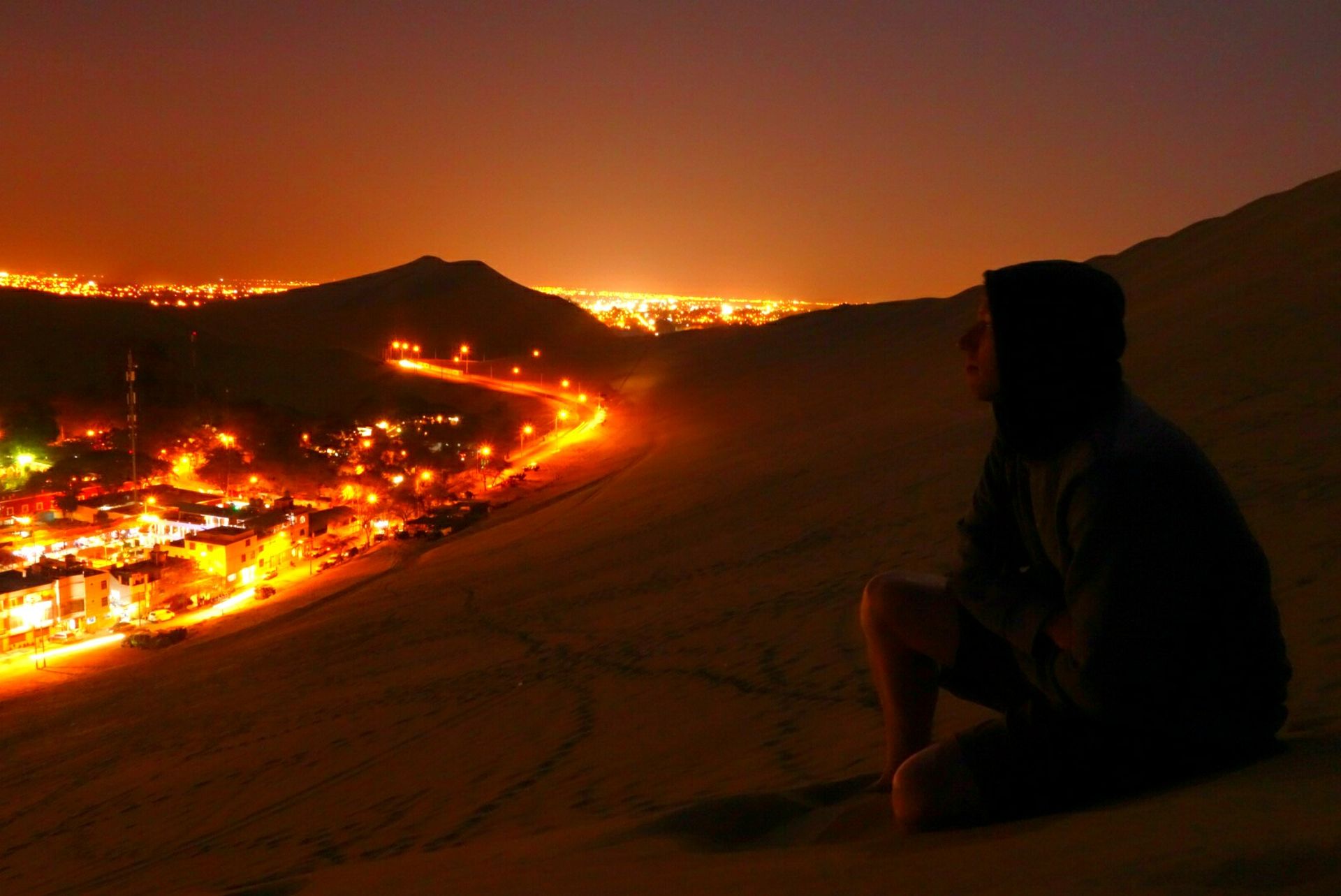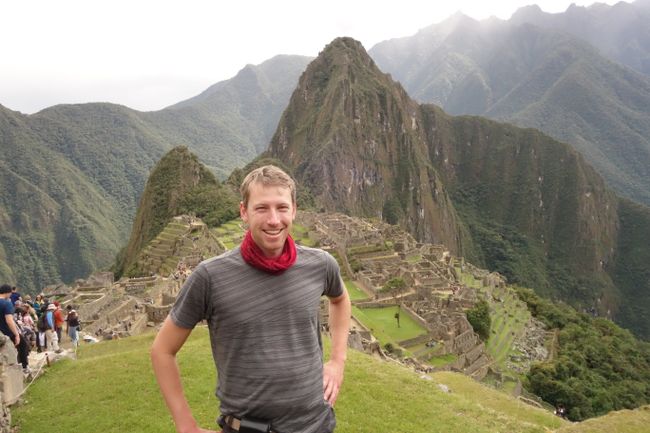Ecuador - Vilcabamba, Loja and surroundings
نشرت: 22.11.2018
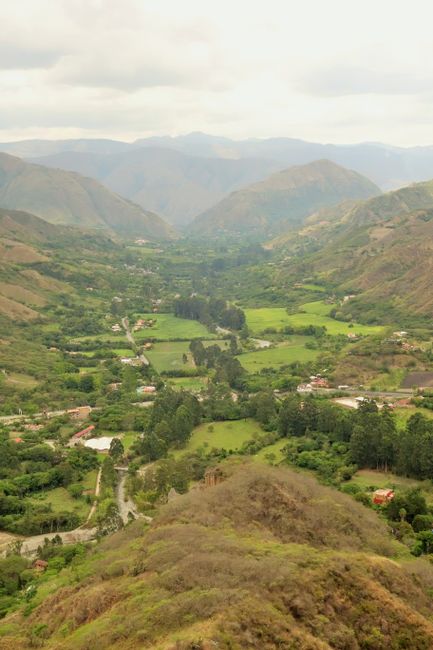

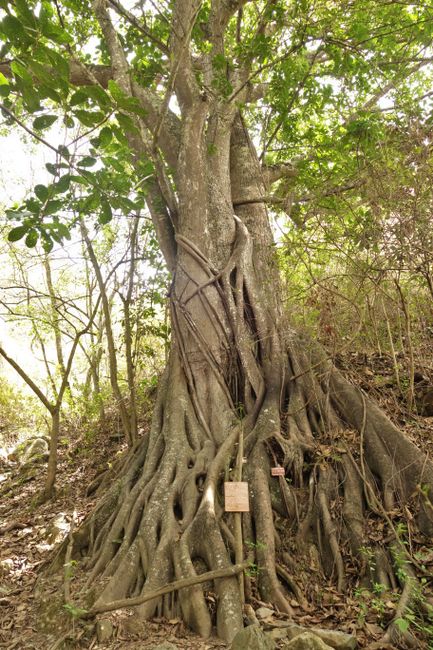

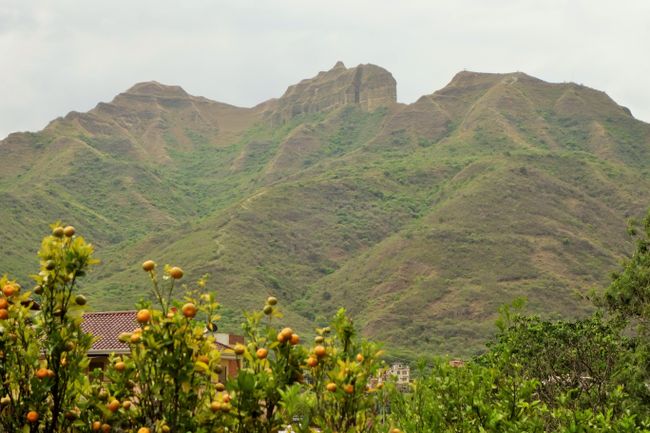
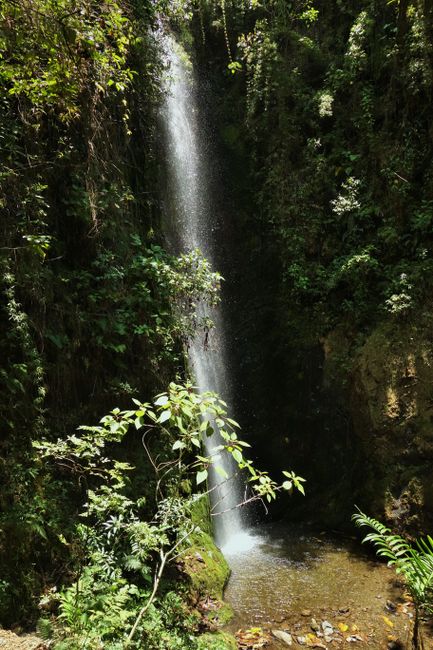
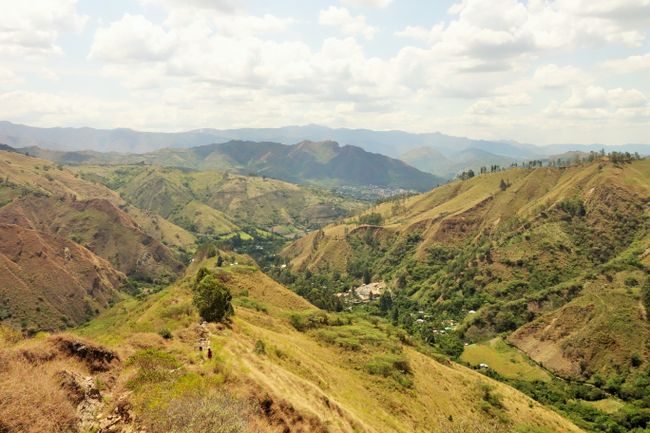
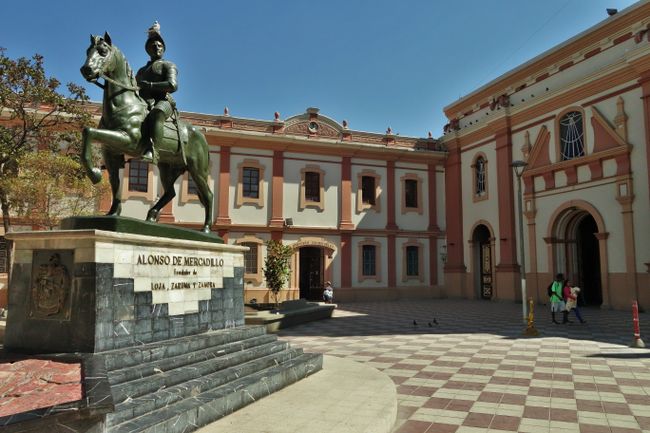
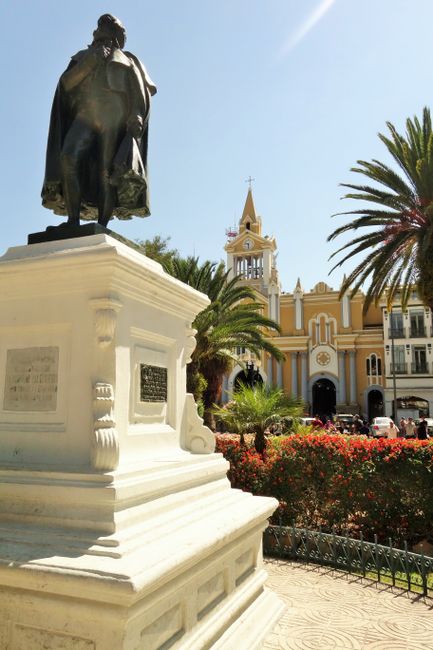
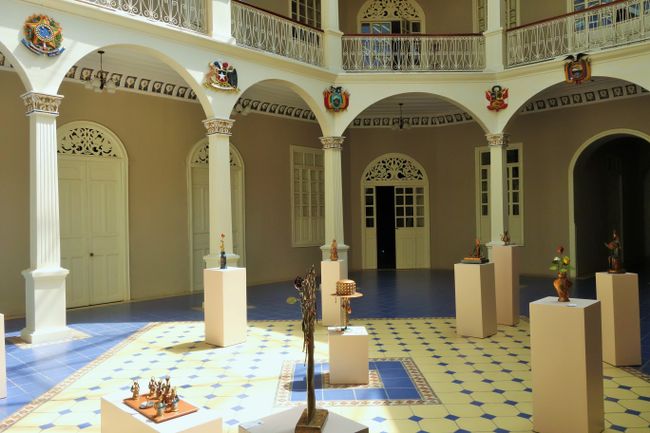
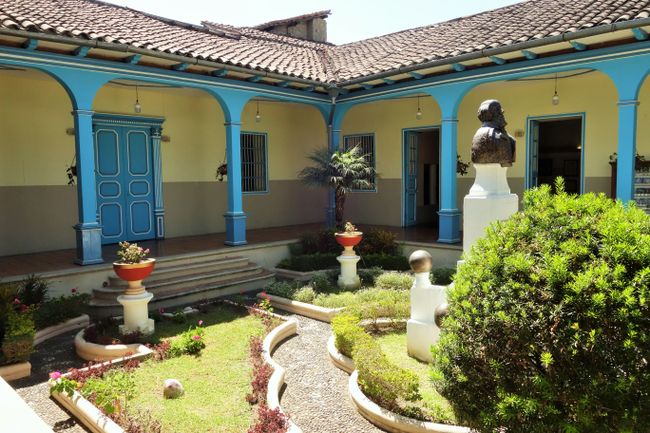
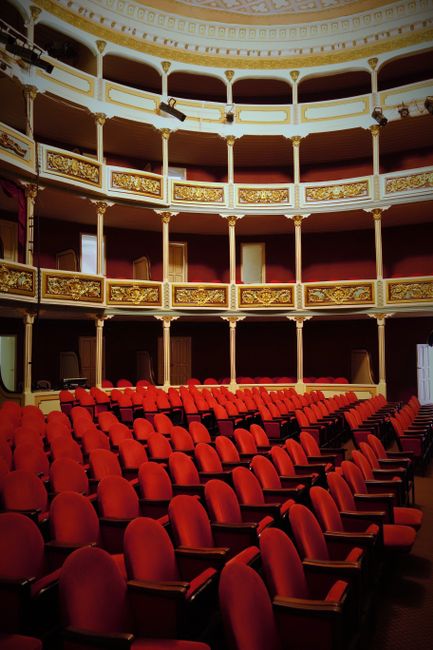
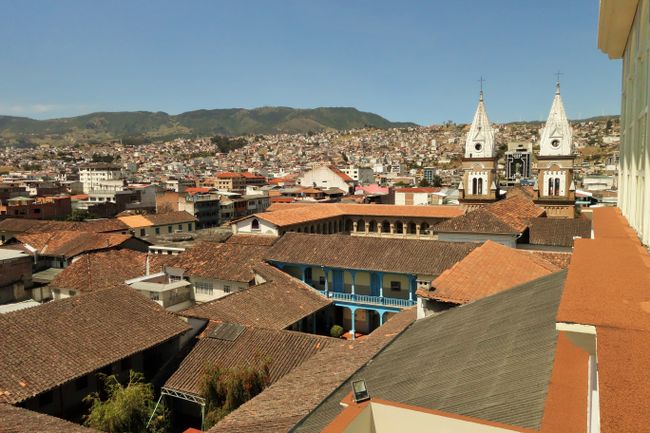
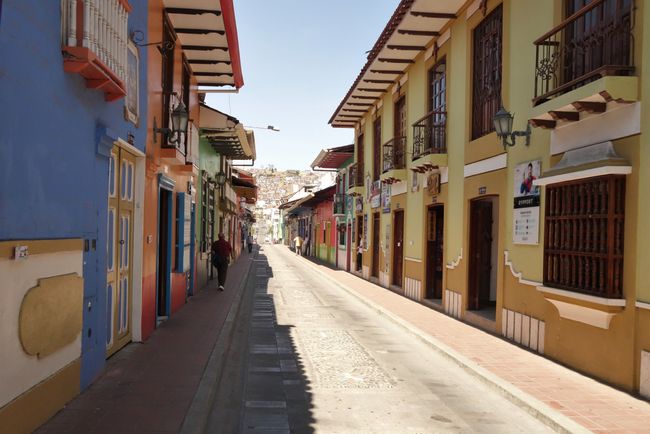
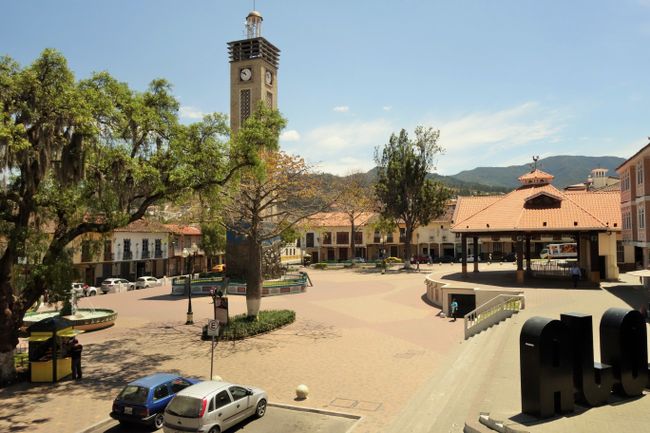
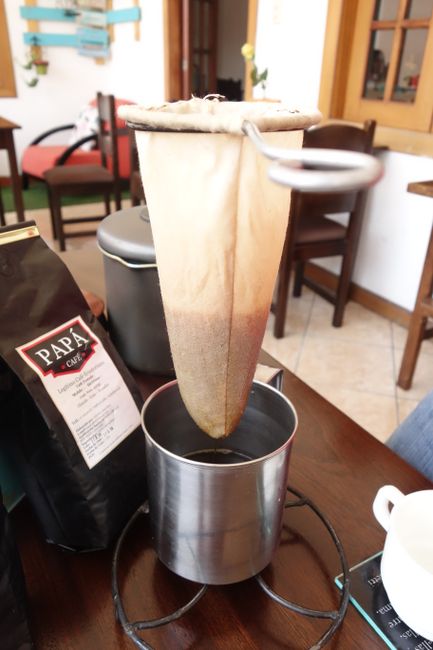
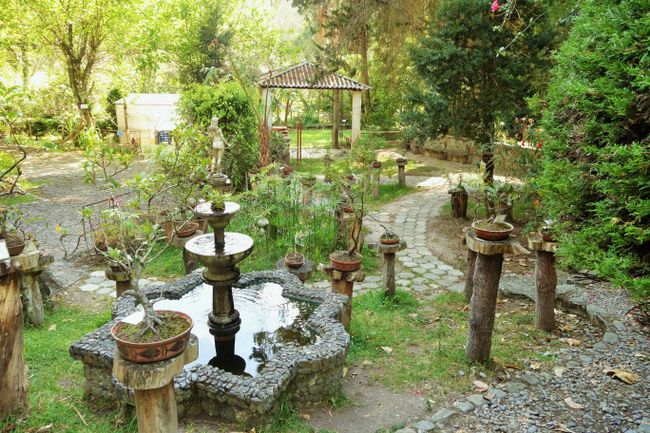
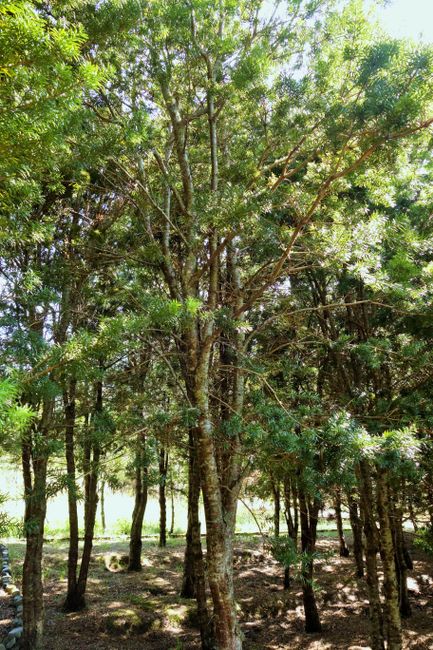
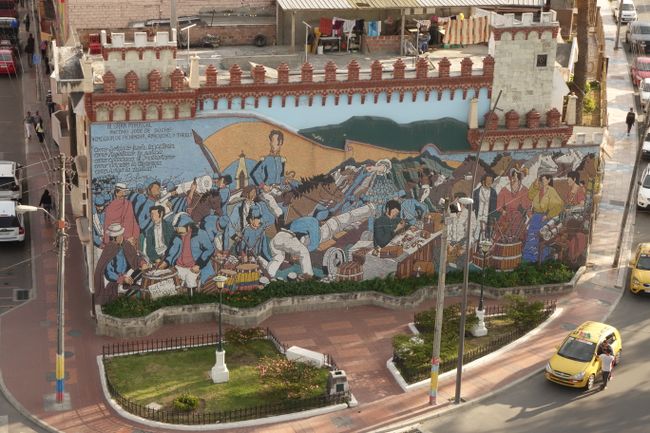
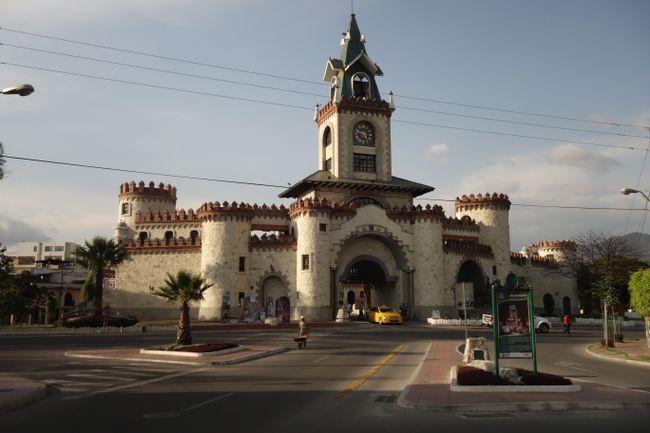
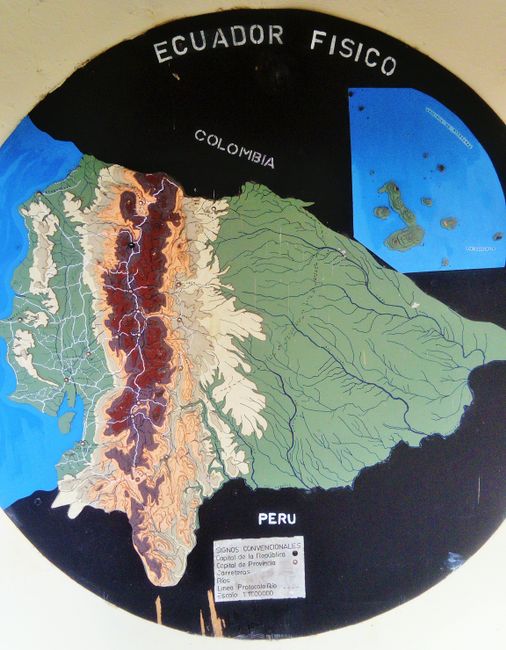
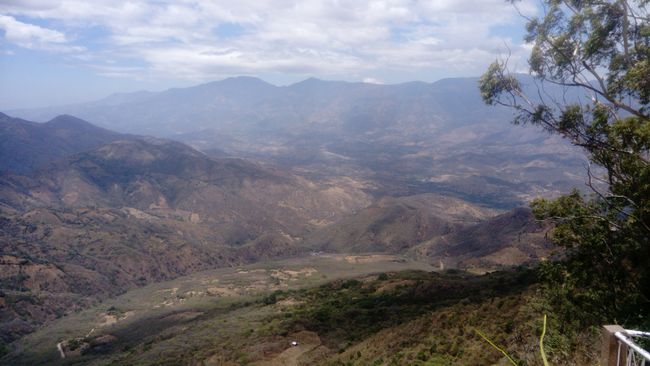
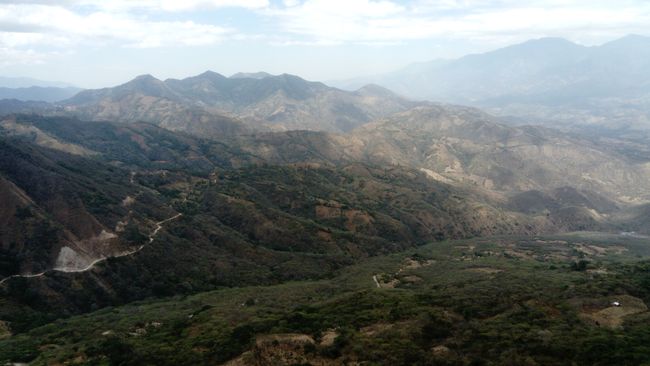
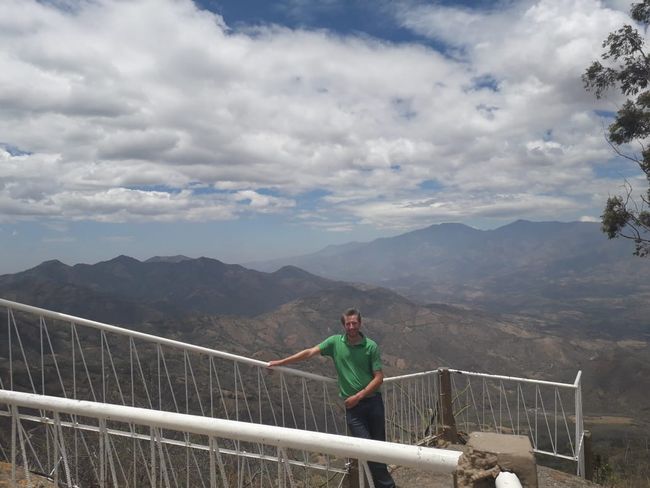
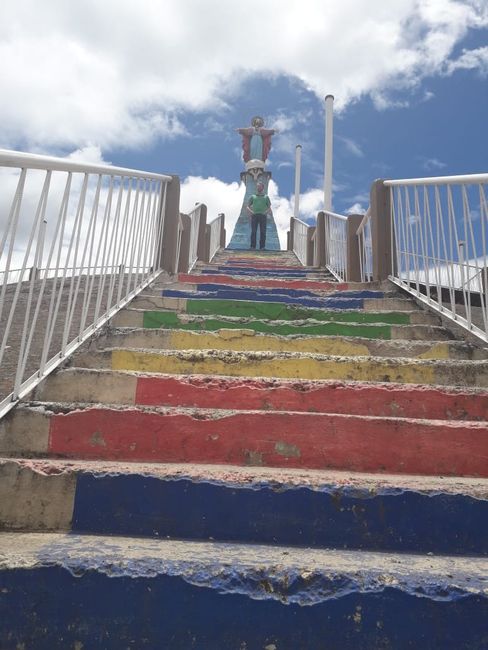
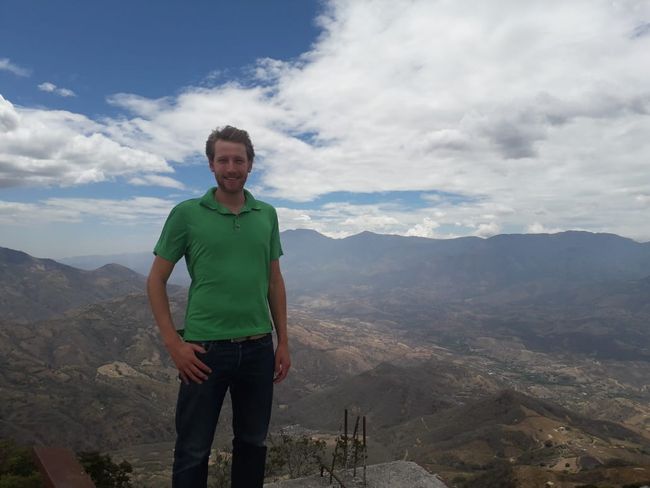
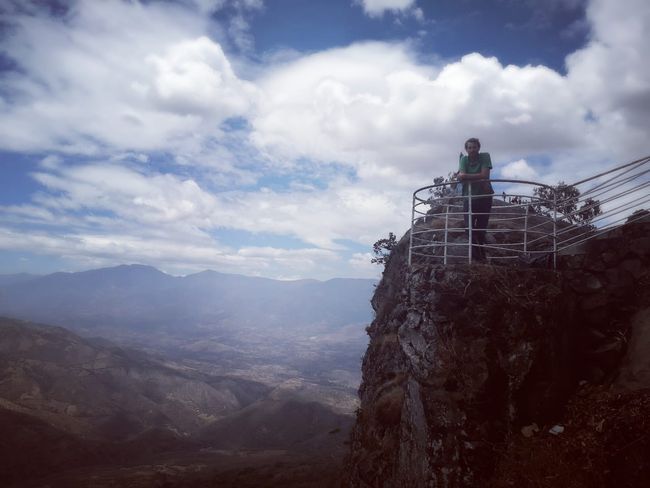
اشترك في النشرة الإخبارية

So now Ecuador - finally discovering a new country. And at first glance, it seems that a few things are really different here. In the far south near Balsas, I cross the border. I have never seen such an empty crossing. We have to search for the border officer first. Remarkably, he quickly puts on a uniform for the handful of people on the bus. Everything is very relaxed, no major controls, and overall a fairly quick clearance. The condition of the roads remains poor for now. But shortly afterwards, we are rolling on mighty, well-paved highways across the country. Ecuador is much more developed than Peru and Bolivia. For a change, it is also quite pleasant when things just work. The buses are not as modern as usual, but the distances are not that long either. The country is even slightly smaller than Germany. And no one honks in traffic! A dream! There are no mototaxis, fewer street dogs, and hardly any garbage in the streets. I like that. The people are friendly and open-minded and ask a lot of questions again. So the first impression is great. And that will be confirmed again and again. Here in the south is also the coffee stronghold of the country. And there are really many cafes that value good coffee. It's a great place to stay.

Vilcabamba
My first stop is Vilcabamba in the Valley of the Longevity. The people here simply live very long. Some say it's because of the good and consistently sunny weather. For me, however, it would be a bit too hot in the long run, especially when the sun is shining. Others think it's because of the excellent air and the evergreen mountains. Or is it the coffee after all? In any case, it attracts all sorts of people from all over the world - mainly wealthy, elderly Americans - who want to enjoy their last years here cheaply and well taken care of. About 2000 of the 6000 inhabitants have moved here from abroad. It's still too early for me. In the following days, I explore the nearby mountains and viewpoints. Some exercise after the extensive jungle tour and the long journey is good. We are also at an altitude of well over 1600m and heading north along the Andes, it will get even higher. However, you can already feel the proximity to the equator. Yes, who would have thought, the name Ecuador actually comes from the word "equator". Very obvious, as the country is located above and below the equator. But I never really thought about it before! Even in the higher altitudes, it remains very warm in the sun. And all the mountains are lush and green. The people here say you can just throw everything into the ground. It will definitely grow without much care.

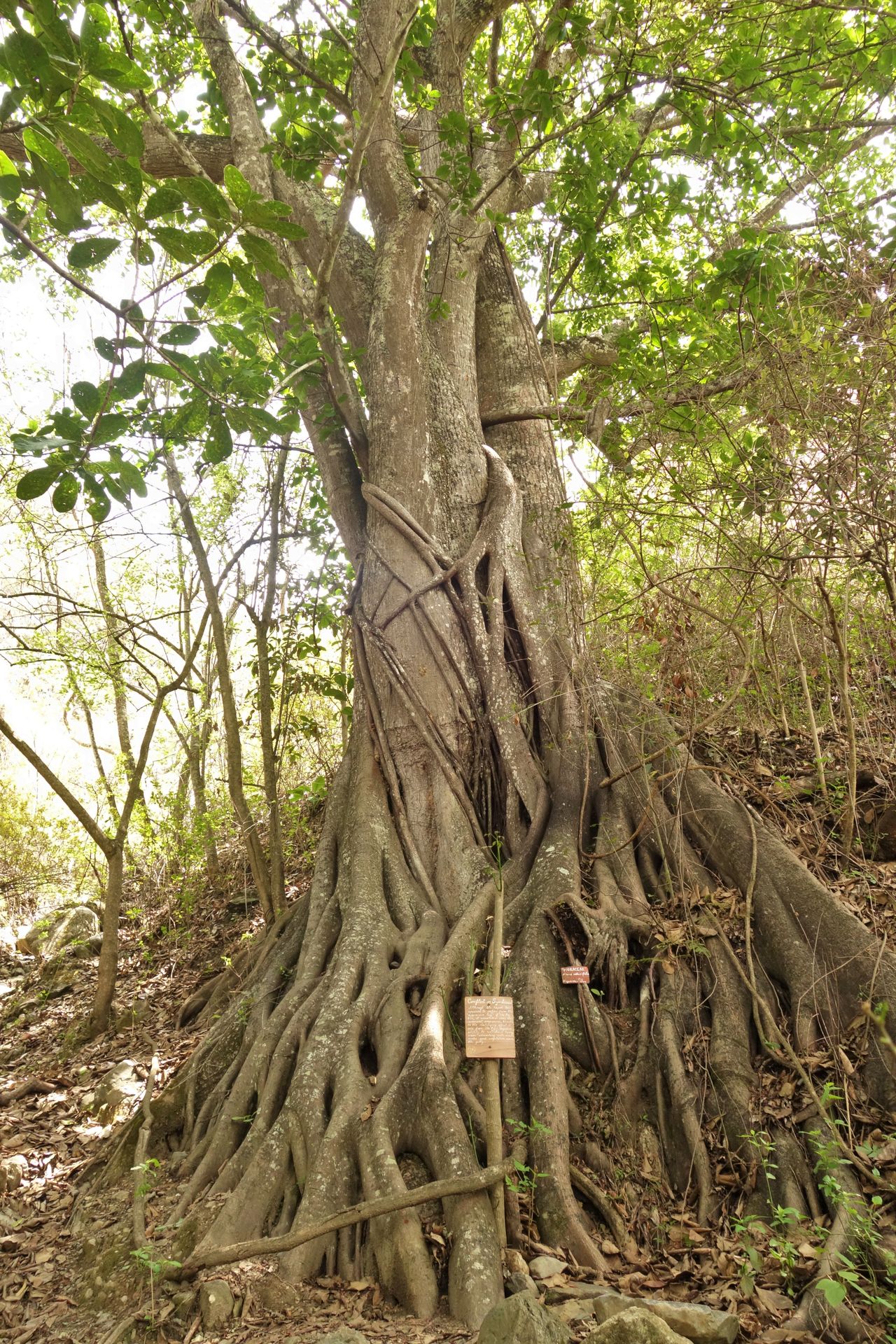

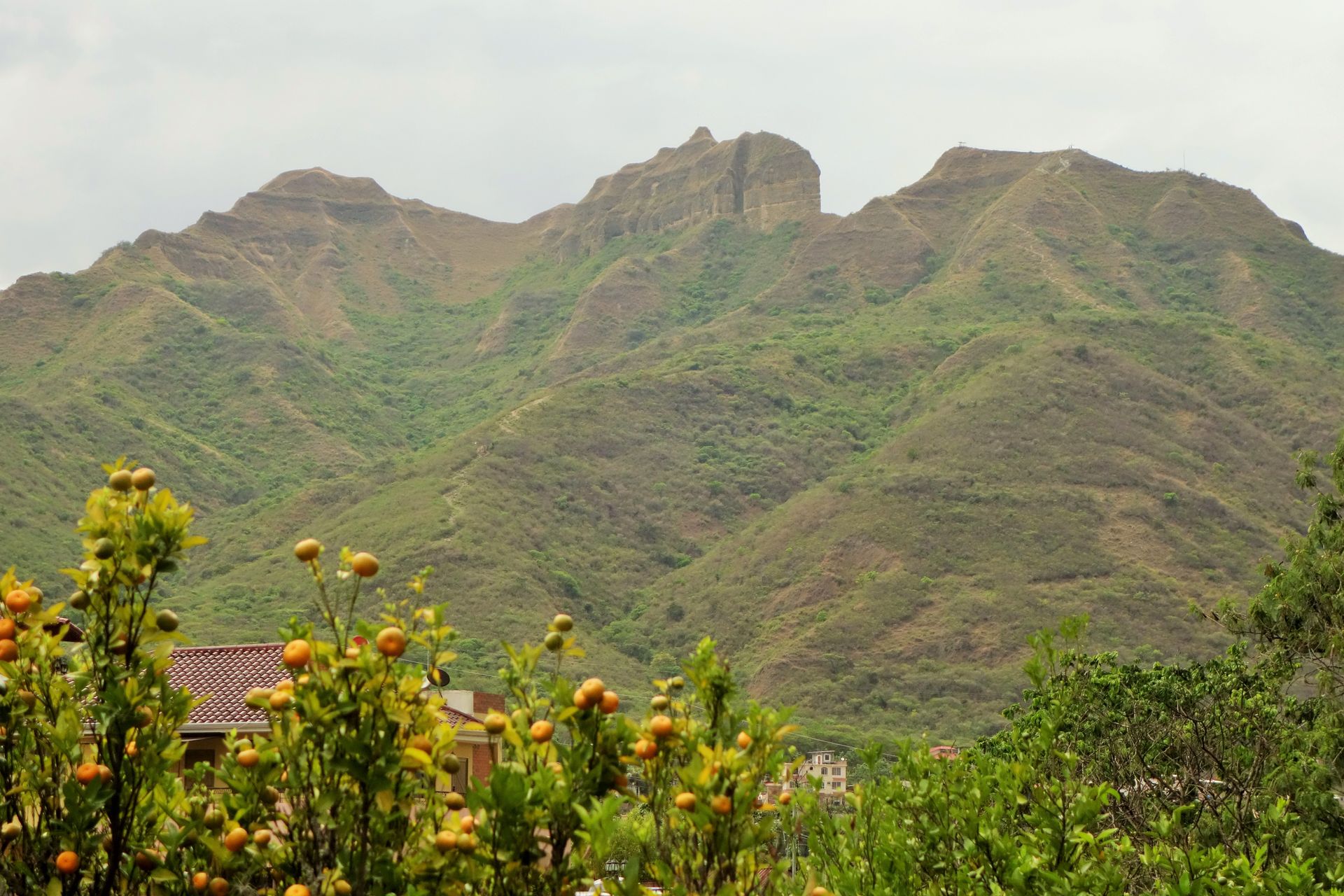
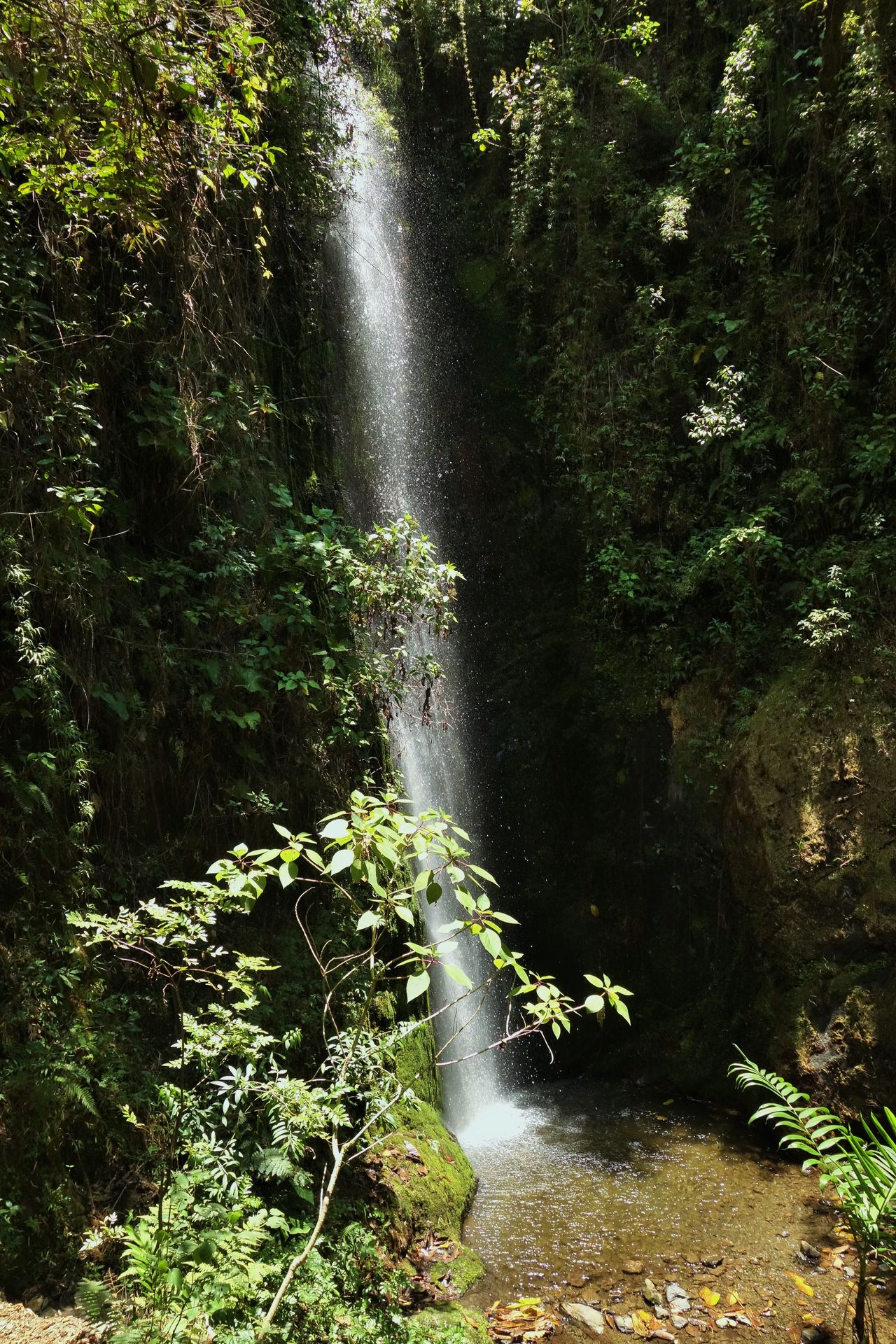
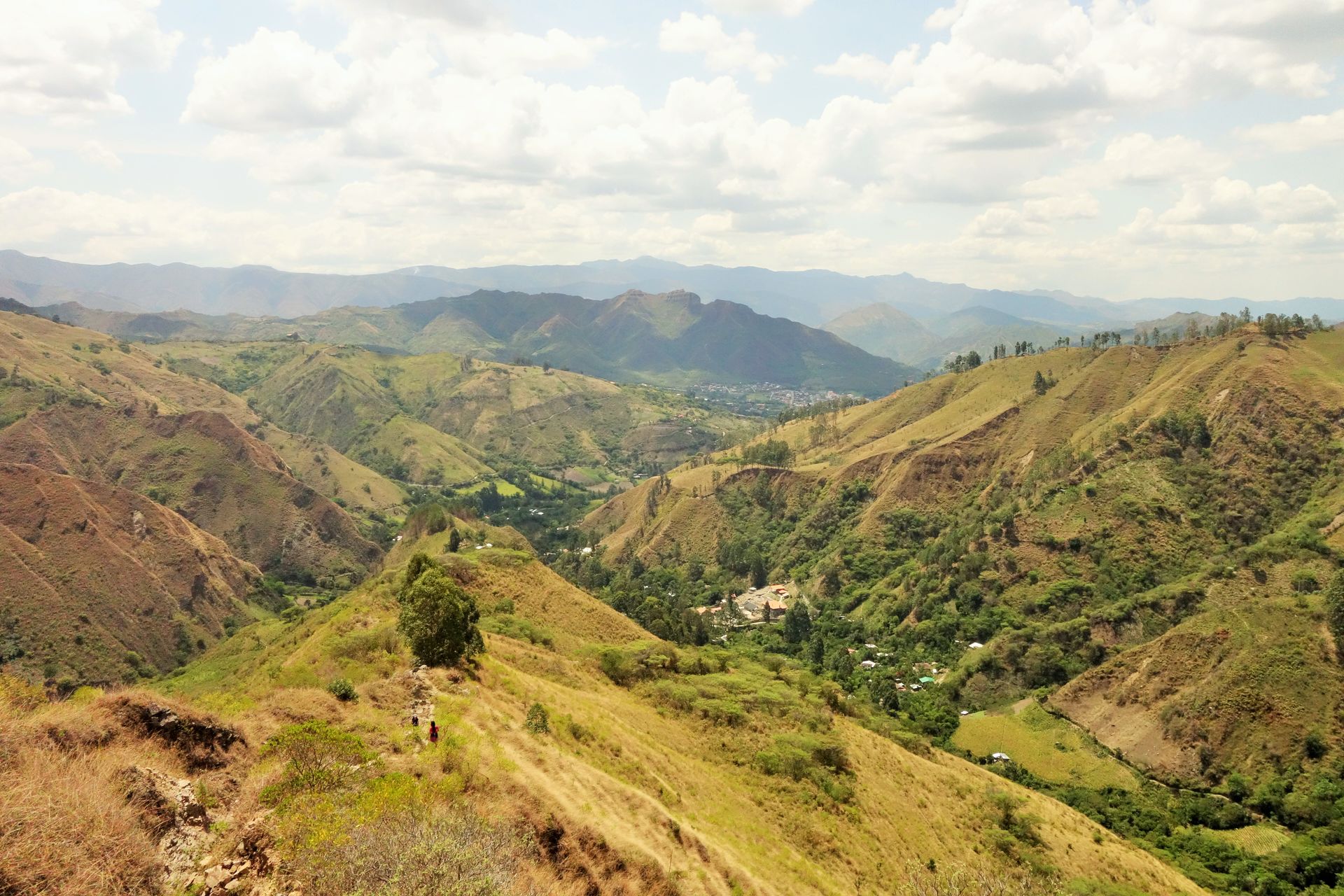
Loja and surroundings
Next stop is Loja, the capital of the province of the same name. With 130,000 inhabitants, it is much larger, but still pleasantly sunny and relaxed. The city boasts being the most ecological in all of Ecuador and is beautifully nestled between rivers and mountains. It offers some pretty squares, cafes, and parks, and is not too touristy - unlike Vilcabamba - so that I can get to know the normal Ecuadorian life. To my surprise, there is even a free walking tour. I am the only participant and let my private guide Jonathan show me around the city. Loja was one of the first cities to declare its independence from Spain and therefore, in addition to coffee cultivation, has historical significance.
In the following days, I spread out in all four directions and visited some of the surrounding villages. Saraguro in the north, Zamora in the east, and Catacocha in the west. I already came from Vilcabamba in the south. They all had beautiful views over the hilly, wide, and green valleys in common. Loja itself was already at an altitude of over 2000m. Afterwards, I headed north along the Andean belt to Cuenca at an altitude of 2500m.




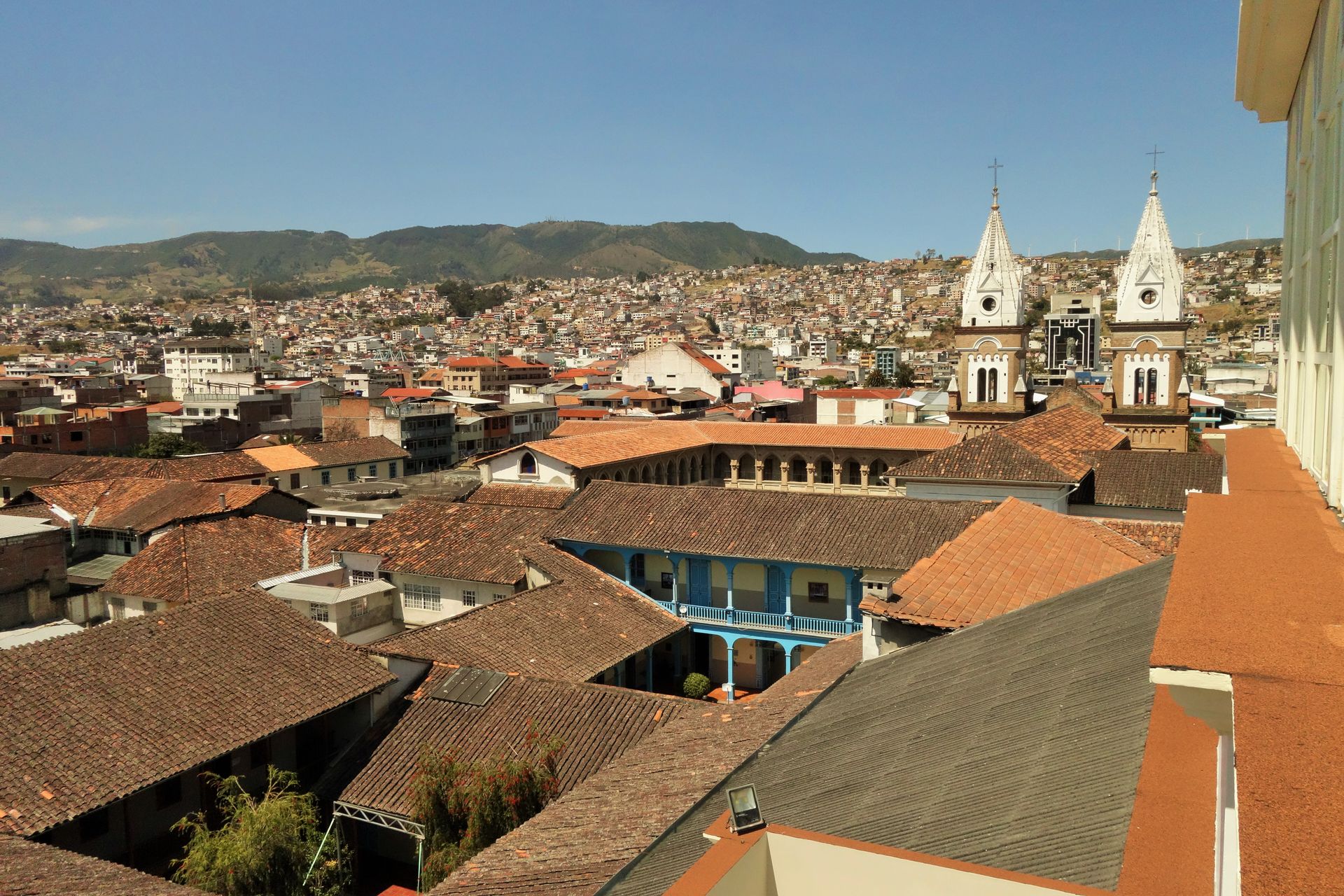


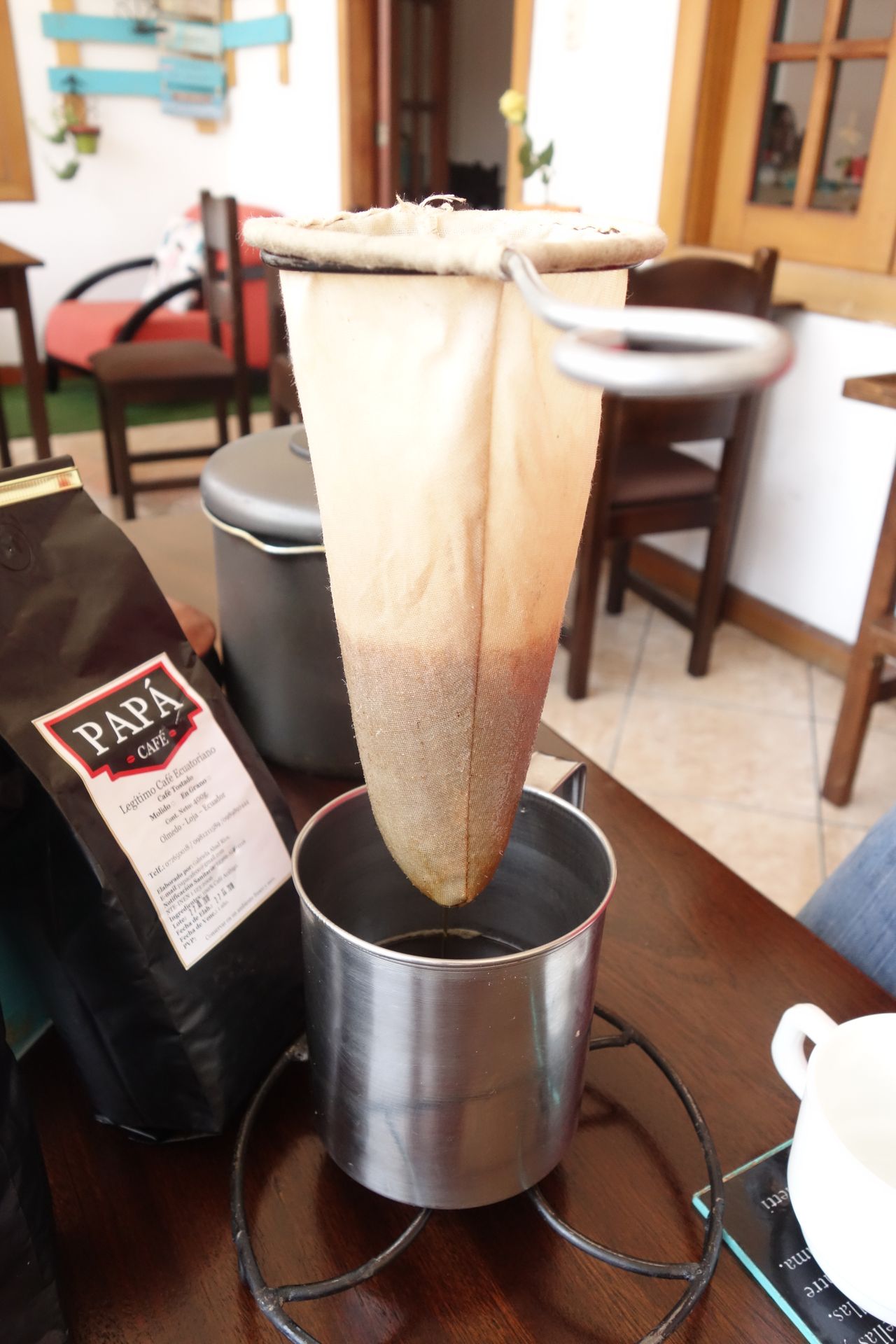
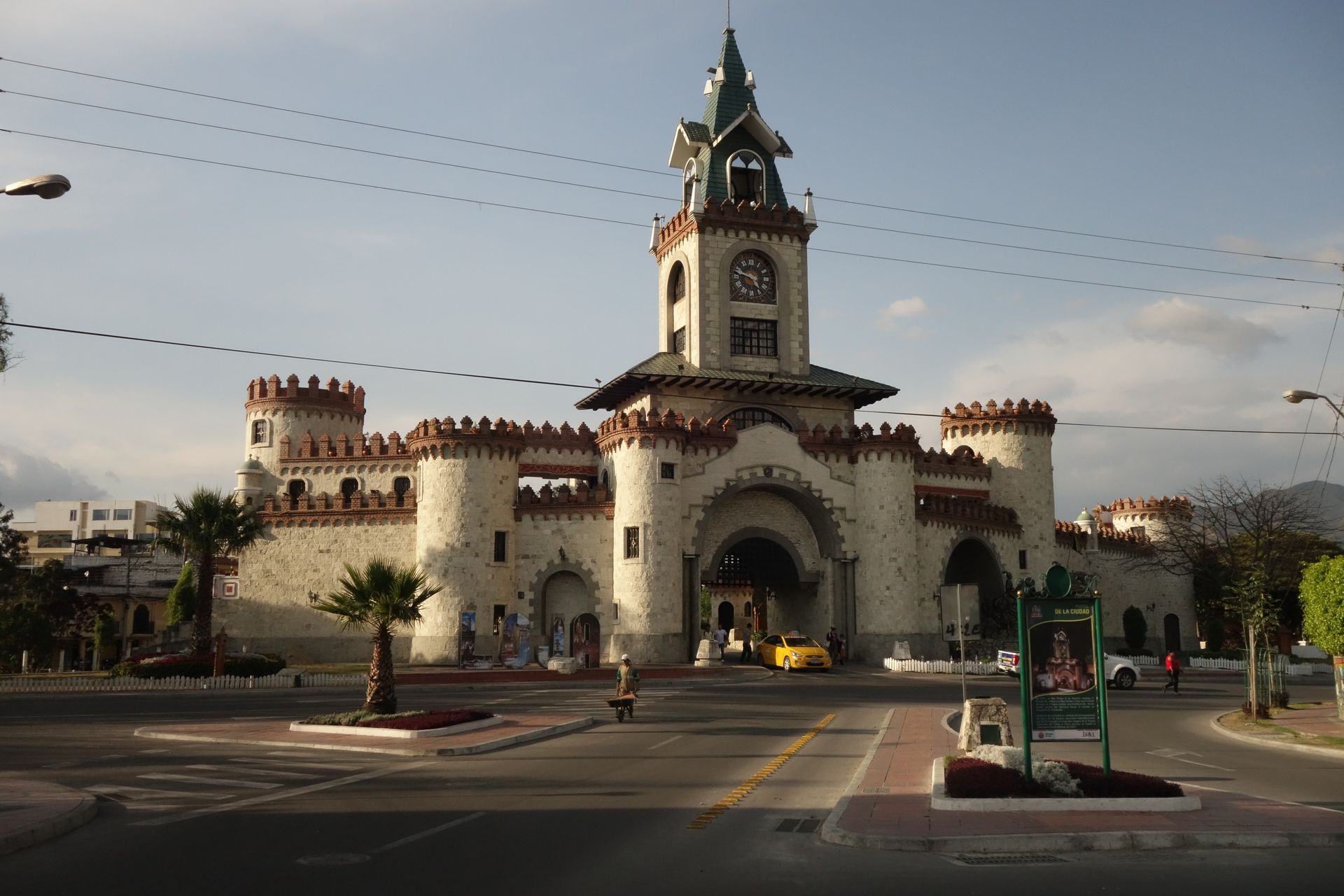


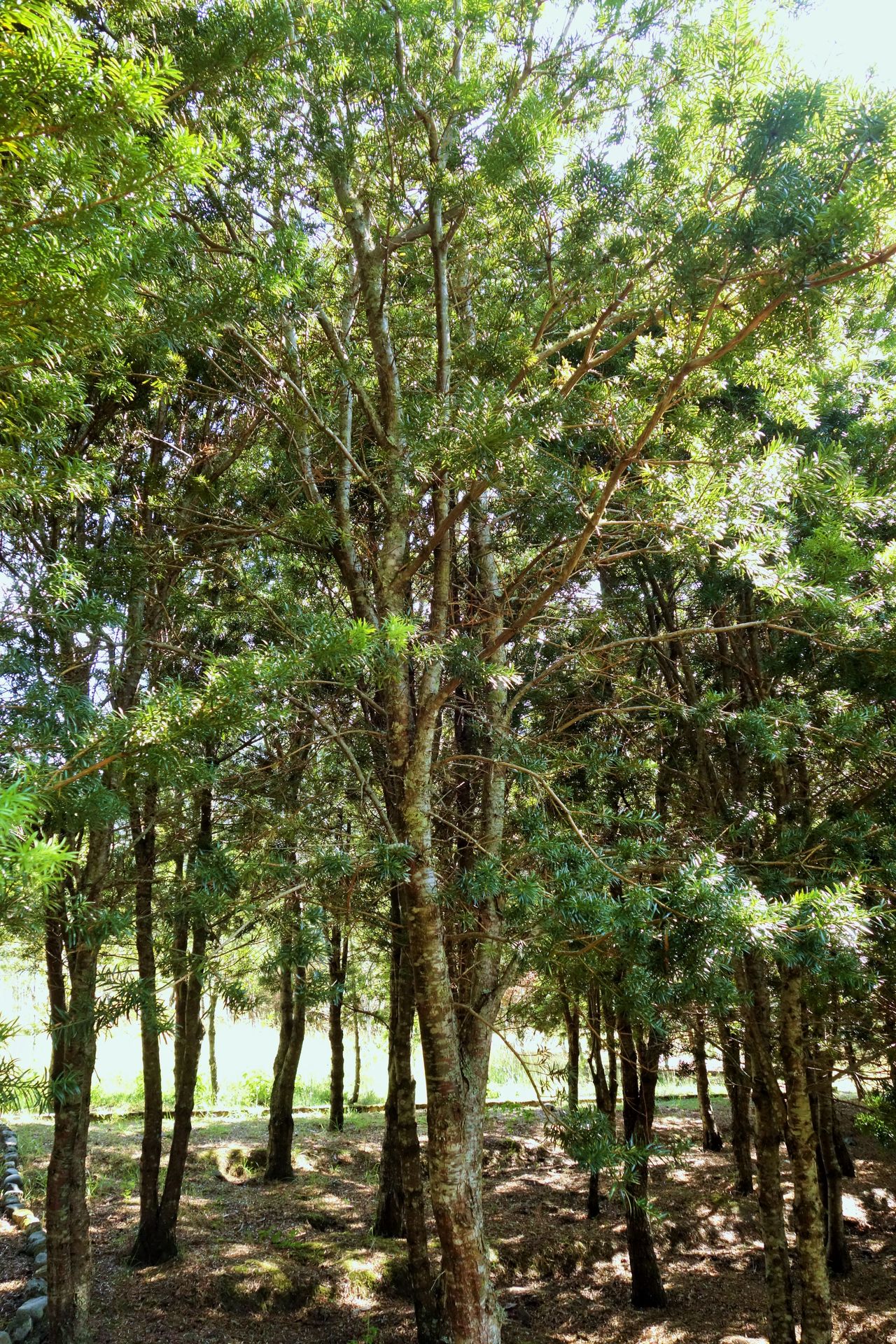



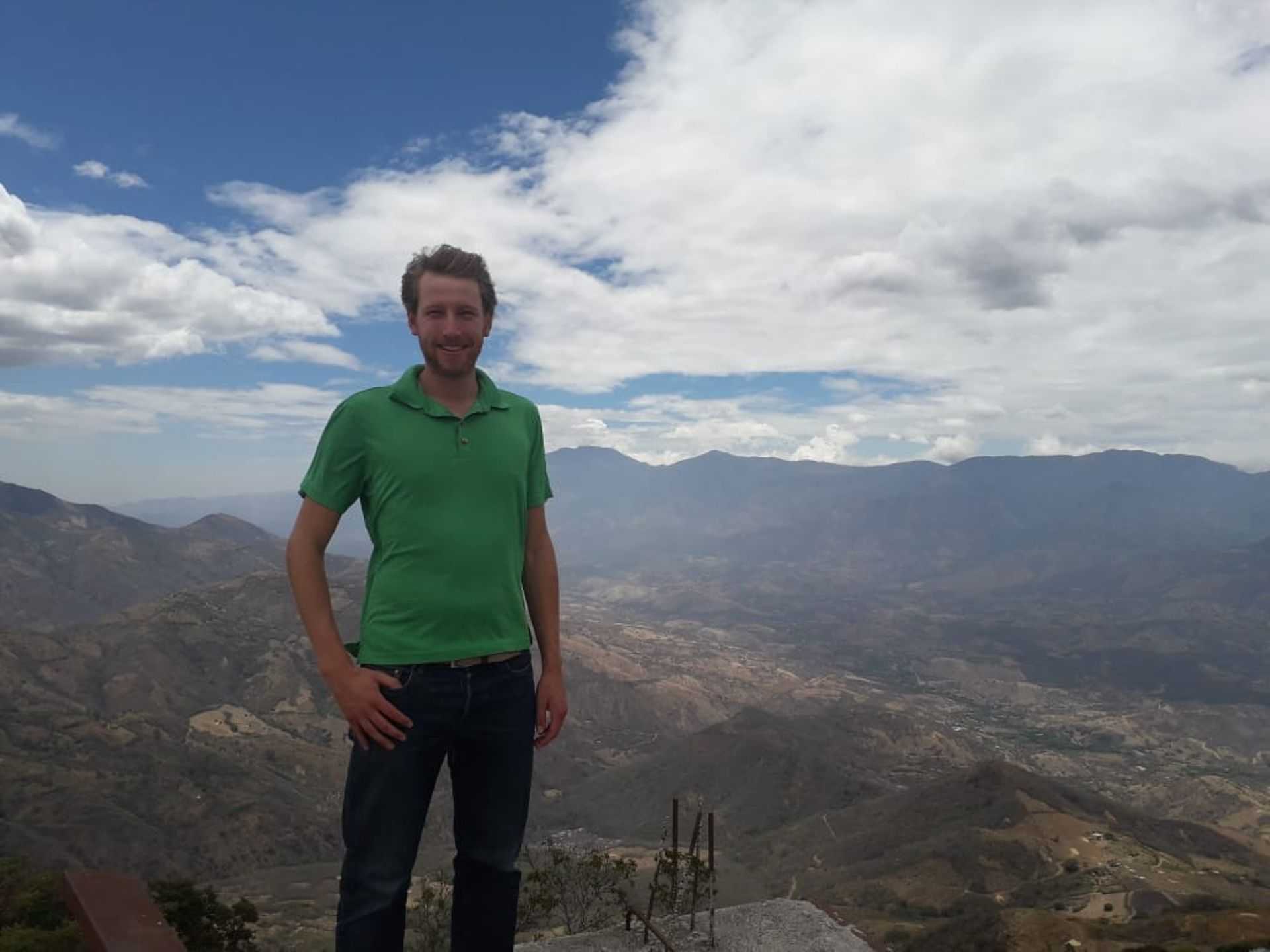
اشترك في النشرة الإخبارية
إجابة (1)
ana cristina
Es genial. Vuelve pronto Ecuador te espera.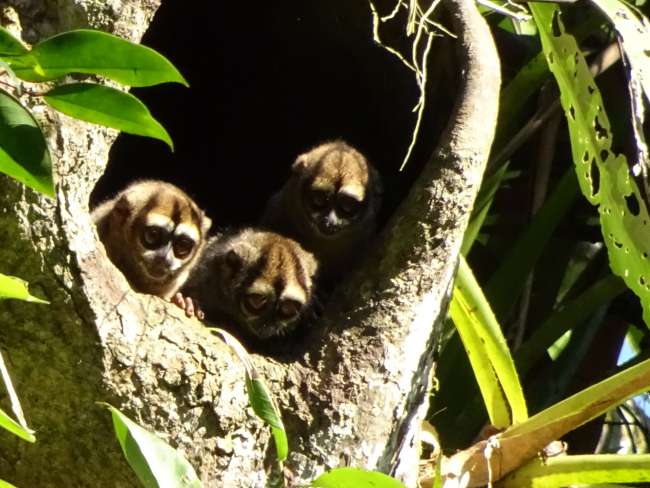
تقارير السفر الاكوادور
